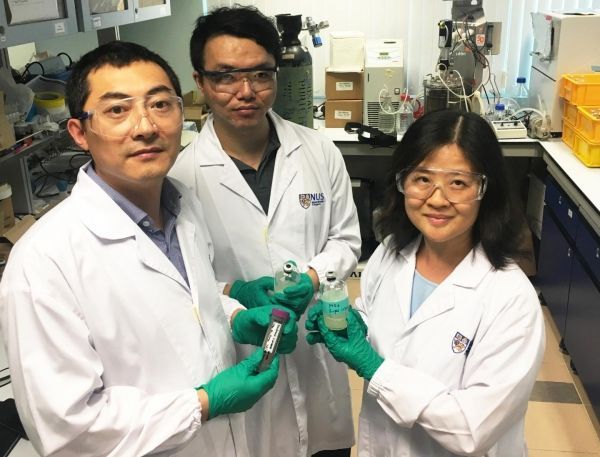A team of engineers from the National University of Singapore (NUS) recently discovered that a naturally occurring bacterium, Thermoanaerobacterium thermosaccharolyticum TG57, isolated from waste generated after harvesting mushrooms, is capable of directly converting cellulose, a plant-based material, to biobutanol.
A research team led by Associate Professor He Jianzhong from the Department of Civil and Environmental Engineering at NUS Faculty of Engineering first discovered the novel TG57 strain in 2015. They went on to culture the strain to examine its properties.
Assoc Prof He explained, “The production of biofuels using non-food feedstocks can improve sustainability and reduce costs greatly. In our study, we demonstrated a novel method of directly converting cellulose to biobutanol using the novel TG57 strain. This is a major breakthrough in metabolic engineering and exhibits a foundational milestone in sustainable and cost-effective production of renewable biofuels and chemicals.”
Biobutanol – An attractive biofuel
Traditional biofuels are produced from food crops. This approach is highly costly and competes with food production in the use of land, water, energy and other environmental resources.
Read more at National University of Singapore
Image: A research team led by Associate Professor He Jianzhong (right) from the Department of Civil and Environmental Engineering at NUS Faculty of Engineering has found that a natural bacterium isolated from mushroom crop residue can directly convert cellulose to biobutanol, a biofuel. (Credit: National University of Singapore)


